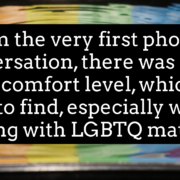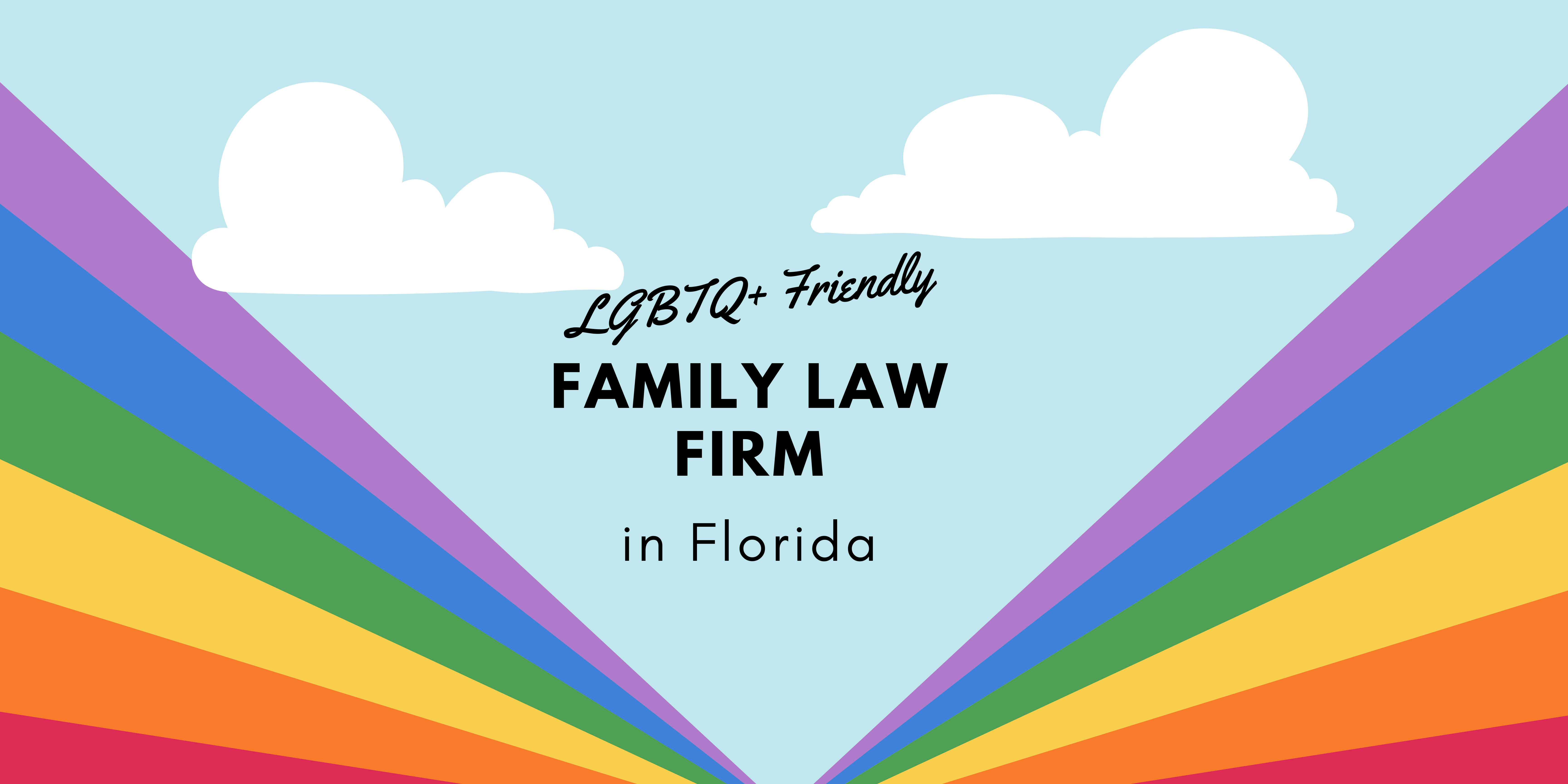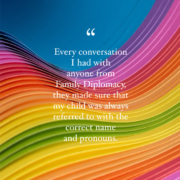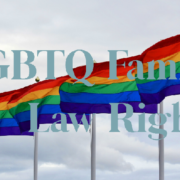If you are gender non-conforming and living in Florida, you may not know where to turn to change your legal name. At Family Diplomacy, we pride ourselves in offering a welcoming environment. From the moment you contact us, we will listen to and address your concerns, determine your eligibility for a name change, and stand by your side throughout the legal process.
We are here for you.
Gender Non-Conforming Definitions
For those reading this post who may not be familiar with this term, the Human Rights Campaign defines gender non-conforming as “[a] broad term referring to people who do not behave in a way that conforms to the traditional expectations of their gender, or whose gender expression does not fit neatly into a category. While many also identify as transgender, not all gender non-conforming people do.”
PFLAG, which describes itself as “the first and largest organization for lesbian, gay, bisexual, transgender, and queer (LGBTQ+) people, their parents and families, and allies,” defines gender non-conforming as follows:
A term for those who do not follow gender stereotypes. Often an umbrella for nonbinary genders (see TGNC). Though fairly uncommon, some people view the term as derrogatory, so they may use other terms including gender expansive, differently gendered, gender creative, gender variant, genderqueer, nonbinary, agender, genderfluid, gender neutral, bigender, androgynous, or gender diverse. PFLAG National uses the term gender expansive. It is important to respect and use the terms people use for themselves, regardless of any prior associations or ideas about those terms.
For purposes of this article, we use the term gender non-conforming. However, if you prefer another term, please let us know when you contact us and we will respect your preference.
Eligibility for Florida Gender Non-Conforming Name Change
Regardless of where you were born, if you live in the Sunshine State, Florida courts have jurisdiction to change your legal name. You may petition for a name change if you are an adult, and a parent may petition on your behalf if you are a child. Once your petition for change of name is filed, the request will often be granted unless a Court finds that (i) you have improper or illegal motives in seeking the name change, (ii) your civil rights are suspended (for example, by being convicted of a felony), or (iii) granting you a name change will invade the property rights (e.g., intellectual property rights) of others.
Read more →

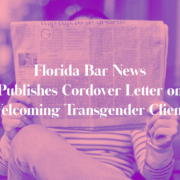
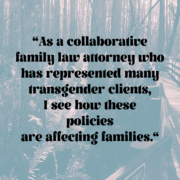 Family Diplomacy
Family Diplomacy